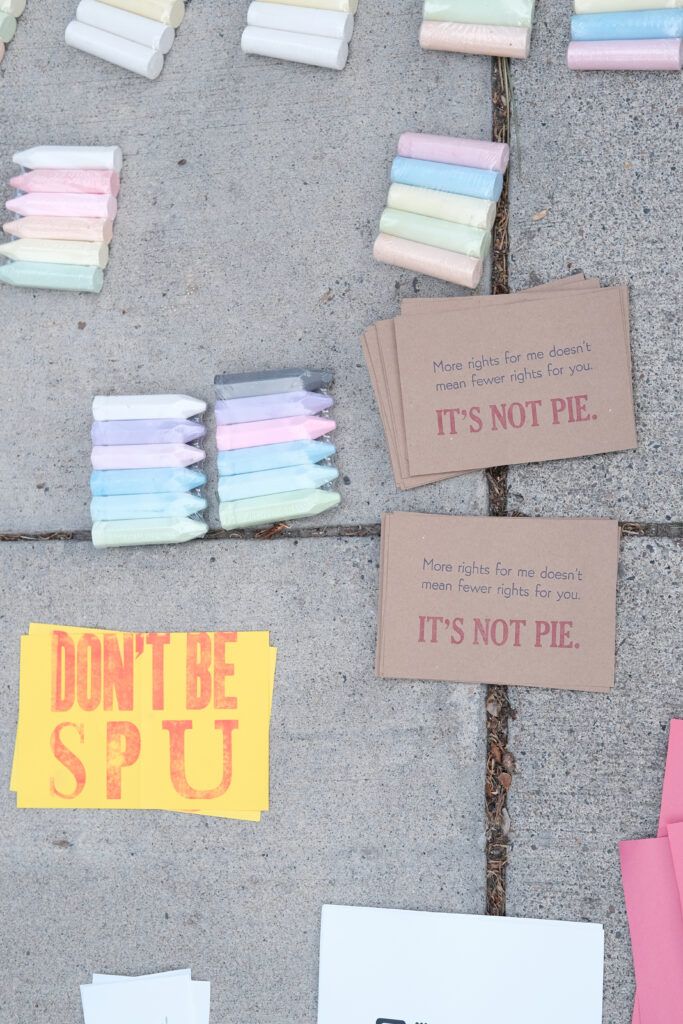
On Monday morning, May 15, over 20 students affiliated with Signal Safe Space met in front of Westminster Hall with one goal in mind: “get as many voices heard as possible,” according to organizer Emma Moore.
At around 7:15 a.m., the students spread out around campus to draw chalk messages, hang up QR codes and rainbow posters and deliver zines to different individuals. Fourth-year Marlou Gabumpa said, “we all had a part.”
The distributed zine was created by the members of Signal Safe Space as a way for students to share their stories of marginalization on campus or their belief that the hiring policy needs to be changed. According to Annika Siems, who helped assemble the zine, the zine focuses on the experience of students, staff, faculty and alumni and “their experiences regarding the campus climate regarding LGBTQ issues and rights.”
The zine presents these narratives through a collection of over 50 stories, art and other media.
Students printed 150 physical copies of the zine with around two thousand dollars of funds raised from a GoFundMe account. They hand-delivered these copies to department heads, those high up in administration and “people who hold power in the hiring process like higher-ups like Forrest [Buckner], Gregor [Thuswaldner] and Scott [McQuilkin],” Moore said.
Copies of the zine are also going to be distributed to the members of the Board of Trustees with help from Whitworth University President Scott McQuilkin, according to Moore.
Urvashi Lalwani, one of the founders of Signal Safe Space, said that the main target audience for their messages was the Board of Trustees and other people on campus who have “a lot of sway.”
Lalwani took part in delivering zines to administrative members with offices in McEachran Hall. “I slid them under their door, so they’ll wake up with a surprise in the morning,” she said.
The hope is that people who read the zine will “take it to heart and understand the words and understand the stories and meanings behind them,” Lalwani said.
Students decided to use a zine as a way to share their message because of the impact that personal stories can have. “I think everyone agrees that the most powerful way to spread a message is to have personal testimonies,” Moore said.
“I think a lot of people have been not as supportive in this issue just haven’t actually heard the hurt and suffering that’s happened on this campus because of discrimination…I think reading the stories of queer suffering, and some that are actual hate crimes that have happened on this campus…is really powerful. And I think it’s really hard to read a story like that and then continue to believe in discriminating,” Moore said.
Moore used the knowledge she gained from English Professor Thom Caraway’s book design class as the foundation to help create the zine. The zine took over two weeks to assemble with help from multiple students. Once printed, around 15 students met on Sunday night, May 14, to bind the pages together.
While the students could not distribute physical zines to everyone, they printed paper QR codes and taped them all around campus so that people could scan the codes and access an online version of the zine.
Another large part of Monday morning was taping rainbow flags everywhere and covering campus sidewalks in chalk messages asking Whitworth to listen to these student’s voices.
The activities had the common goal of getting students’ voices heard.
“Especially [as a] person [of] color, I feel like our voices are being marginalized the most…I really just want to contribute in some way to helping people get their voices heard,” Gabumpa said
A variety of emotions floated around the loop as students went about their respective actions. Lalwani said she was feeling “very hopeful” about the chalking and the zines. “[I’m] excited to see all of the people come together and continue this momentum that we’ve had, to make our voices heard.”
Katelyn Koch, who helped with the chalking, said she had bene struggling for a while to feel like a part of the Whitworth community. While chalking, she was feeling “frustrated, but more like an actual community.”
Bryan Acevedo-Prado, ’24, Pride Club president, said he was “pretty stoked” about the way that Whitworth students showed up in support.
“It’s nice seeing a bunch of people that share the same values…coming out really early in the morning, putting in the time, putting in their effort to making it know that we’re here and that making it known that we’re not going anywhere,” Acevedo-Prado said.
Students are hopeful to see the hiring policy changed but are aware that the next school year might start with no word from the Board of Trustees. Acevedo-Prado said that if nothing changes, Pride Club plans to keep the momentum up in the next year by continuing the posters, rainbow chalk and “making sure that our voices are heard.”

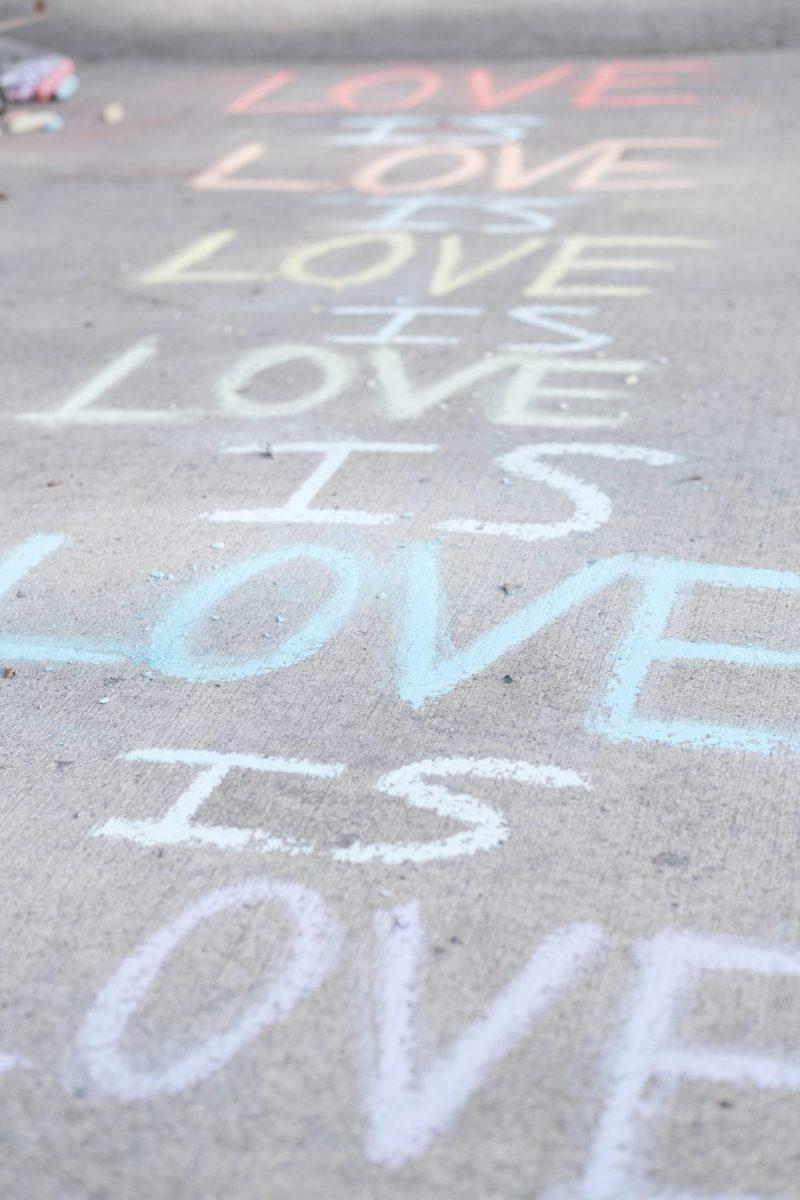
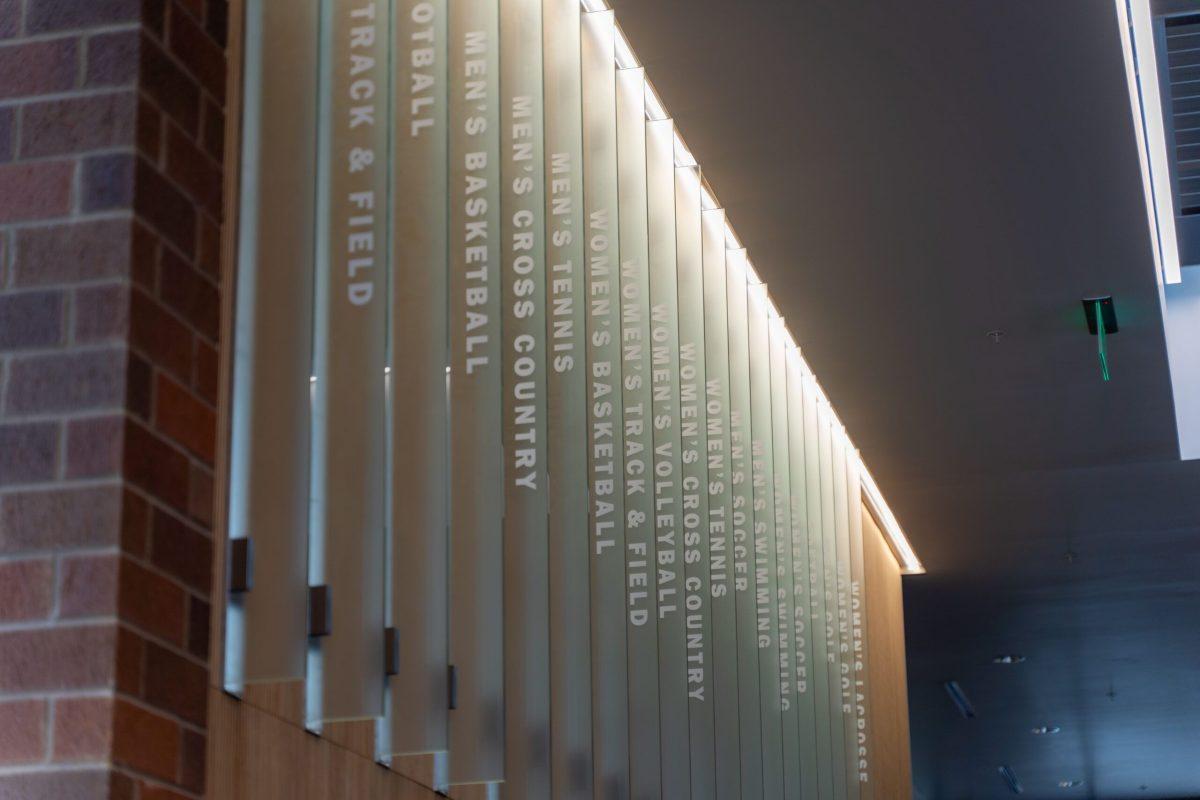
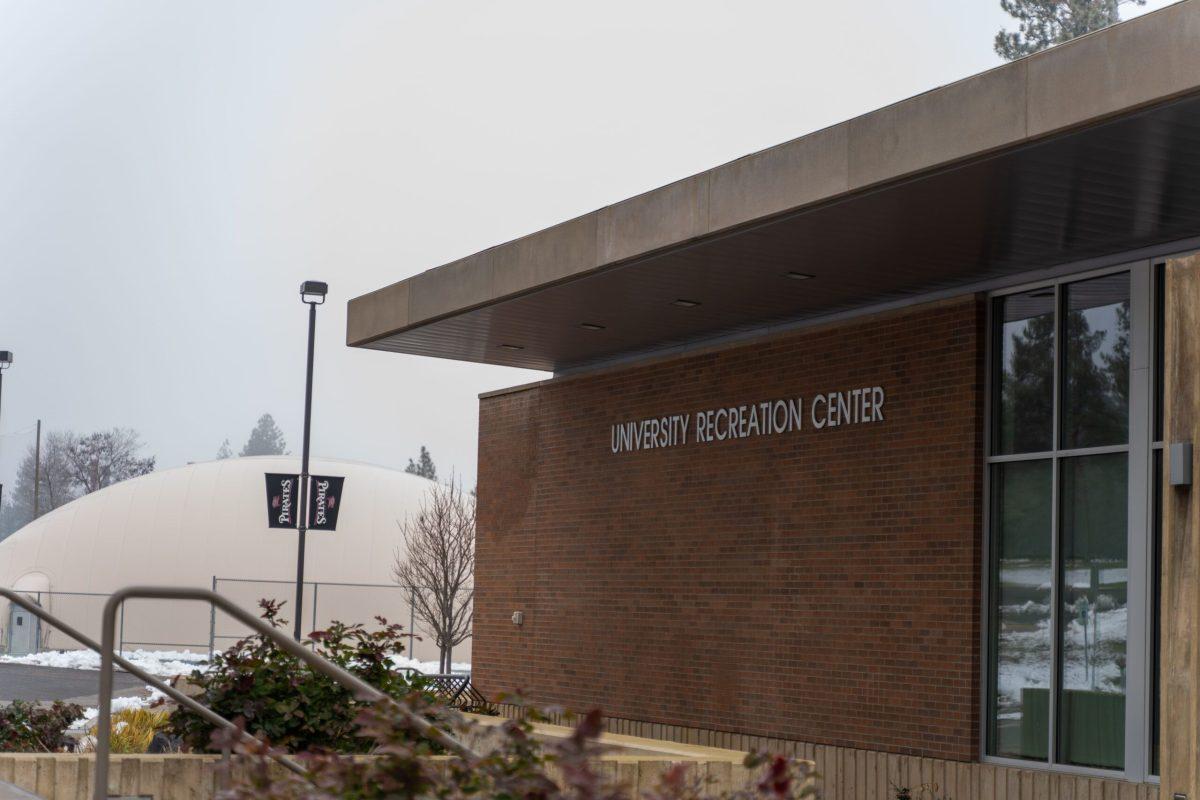
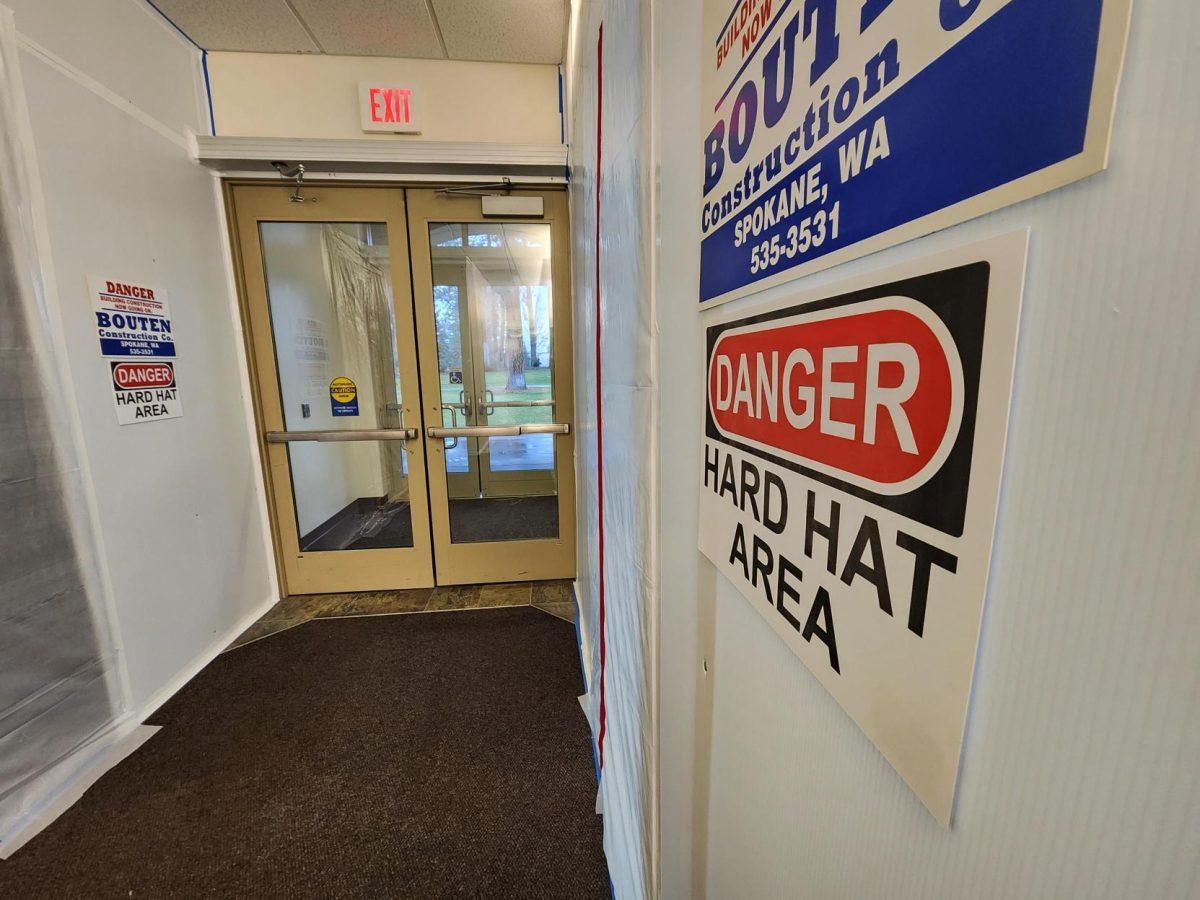
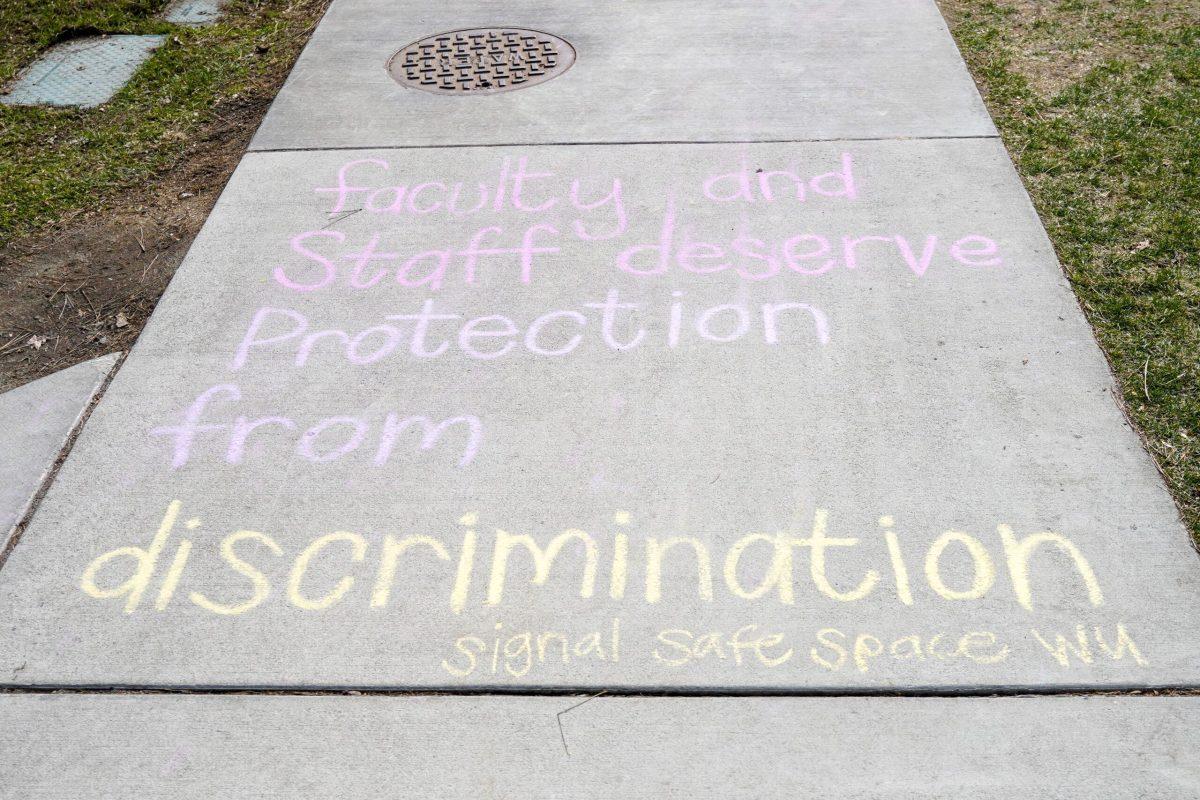
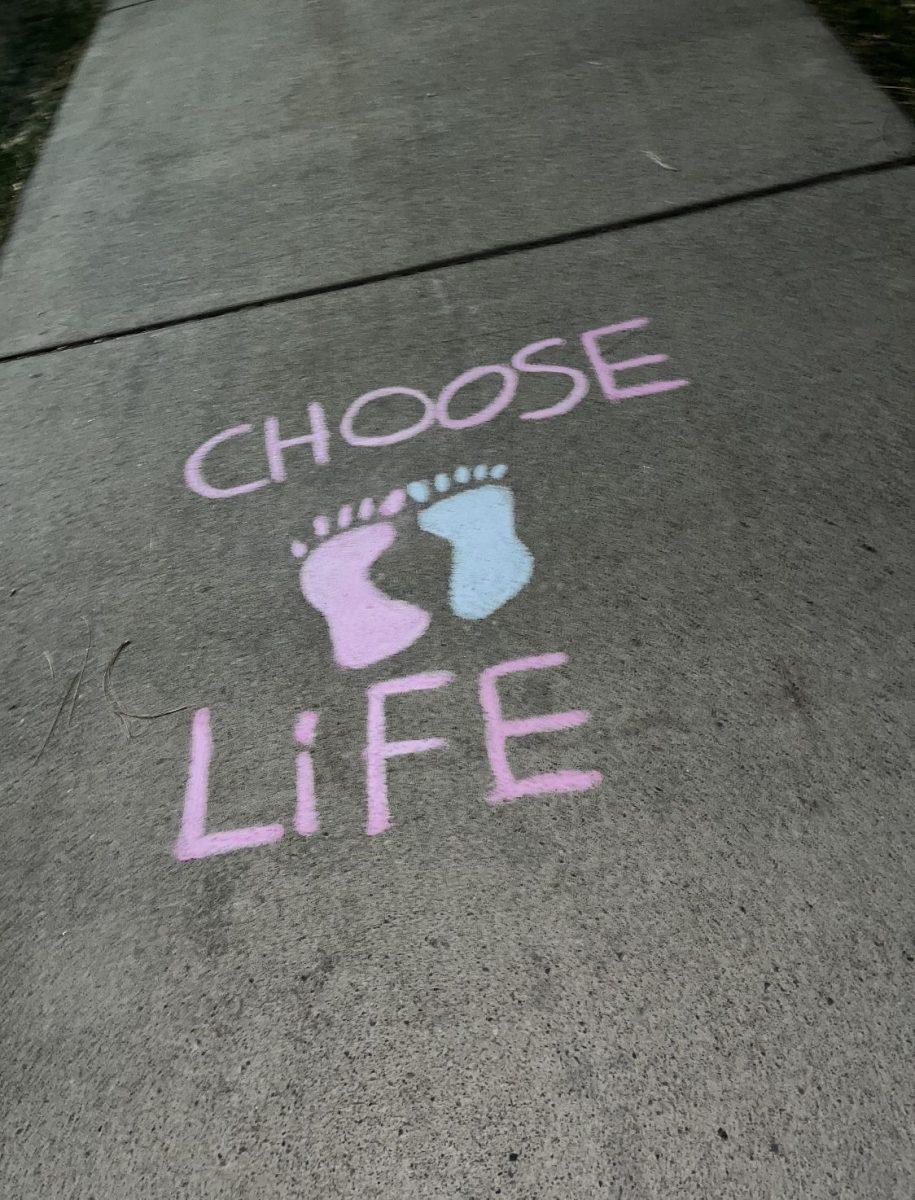
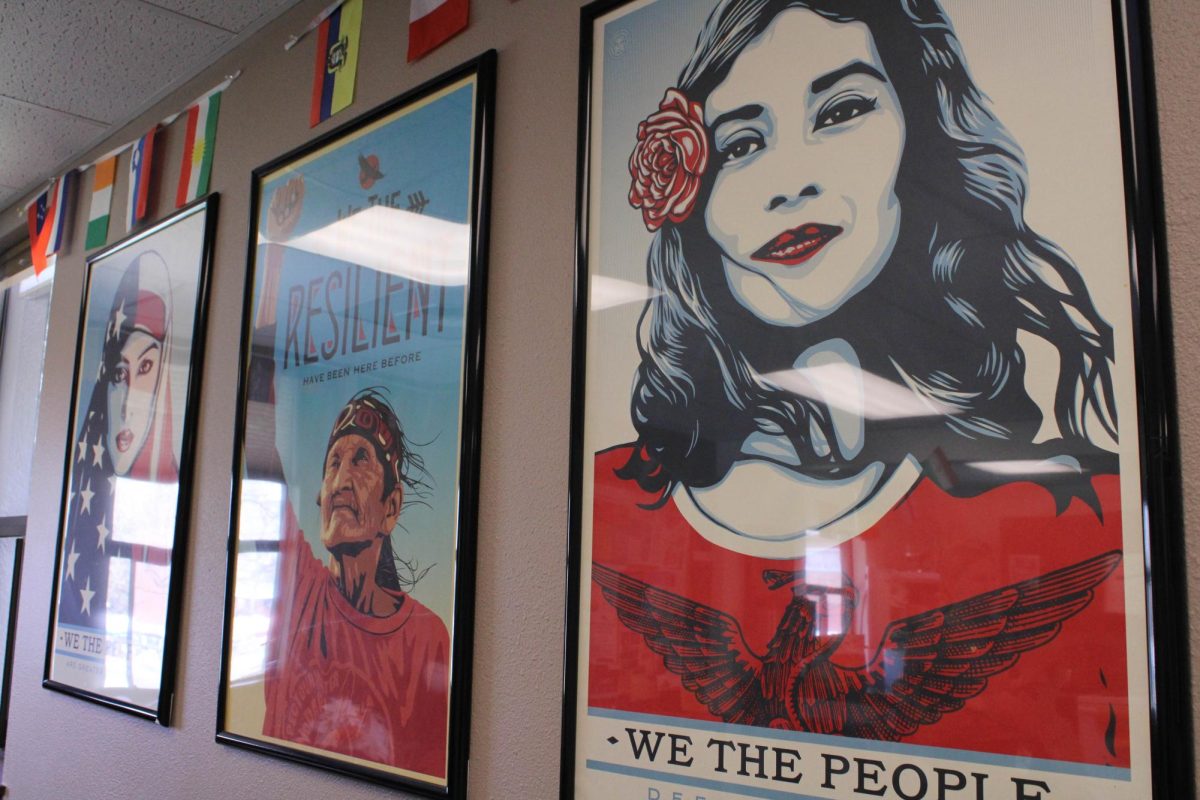

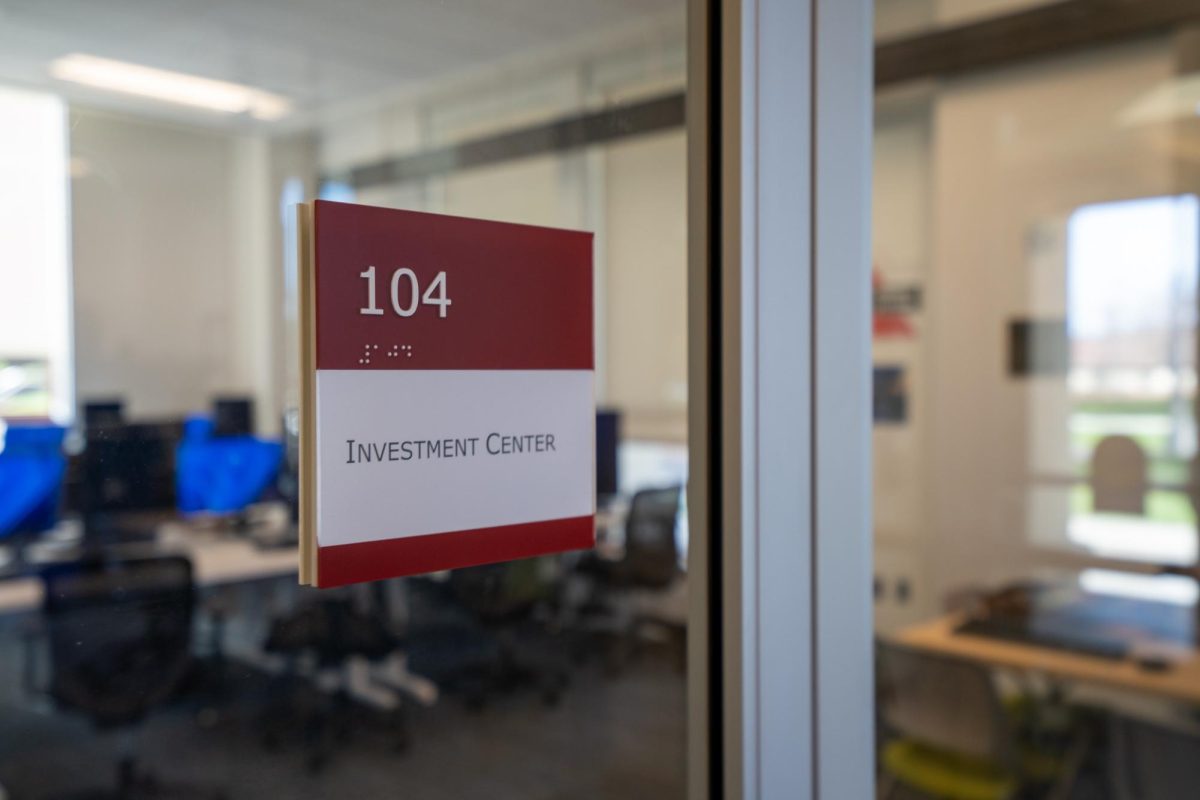
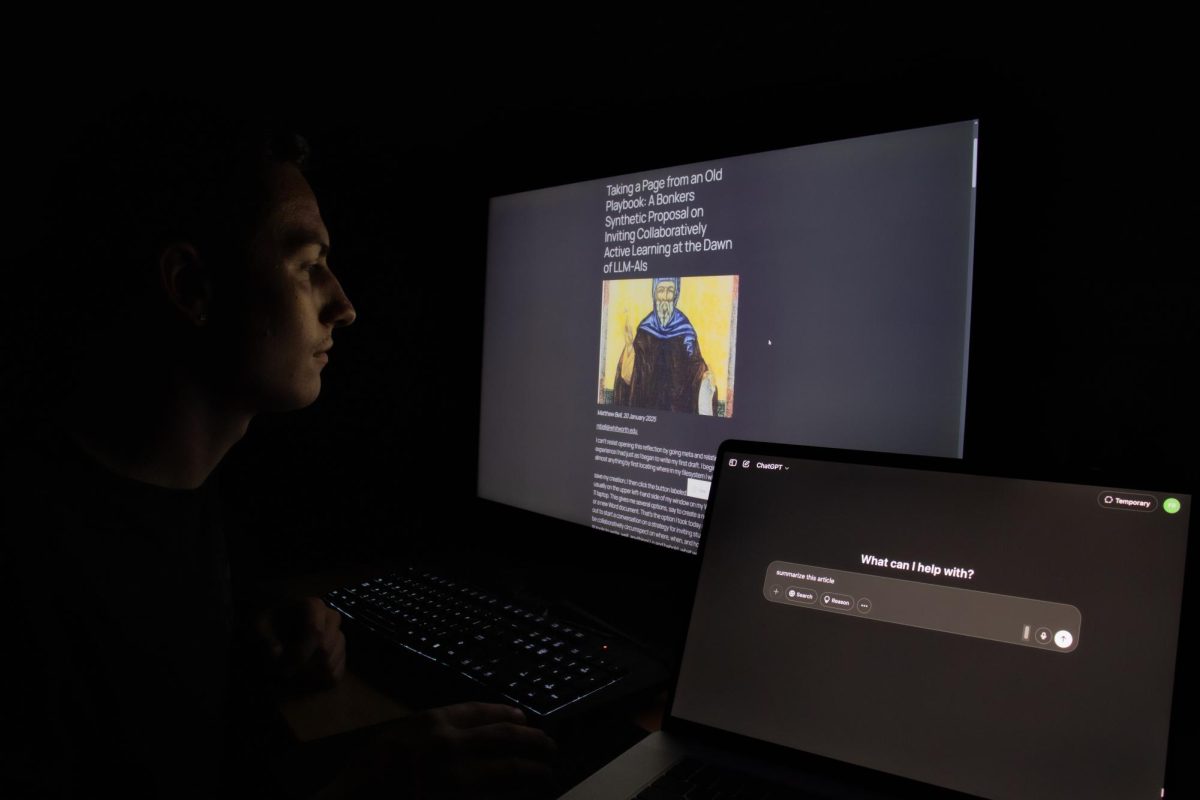
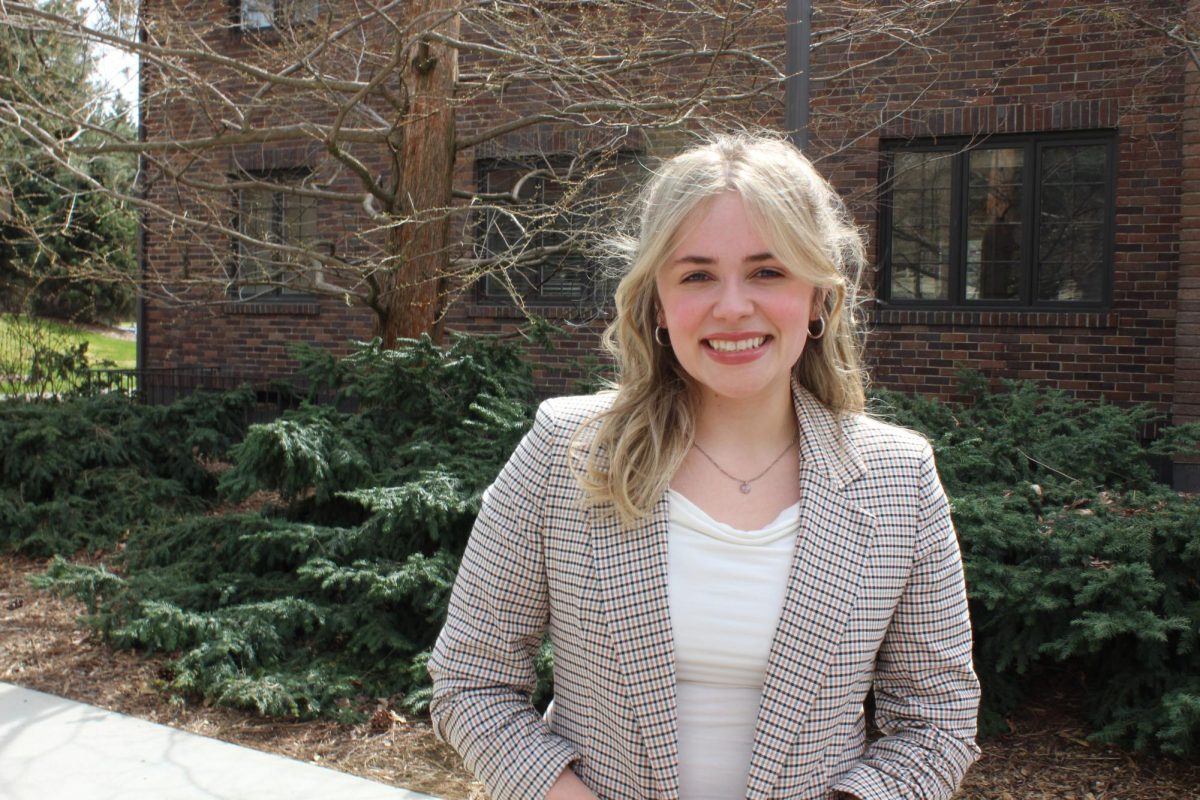
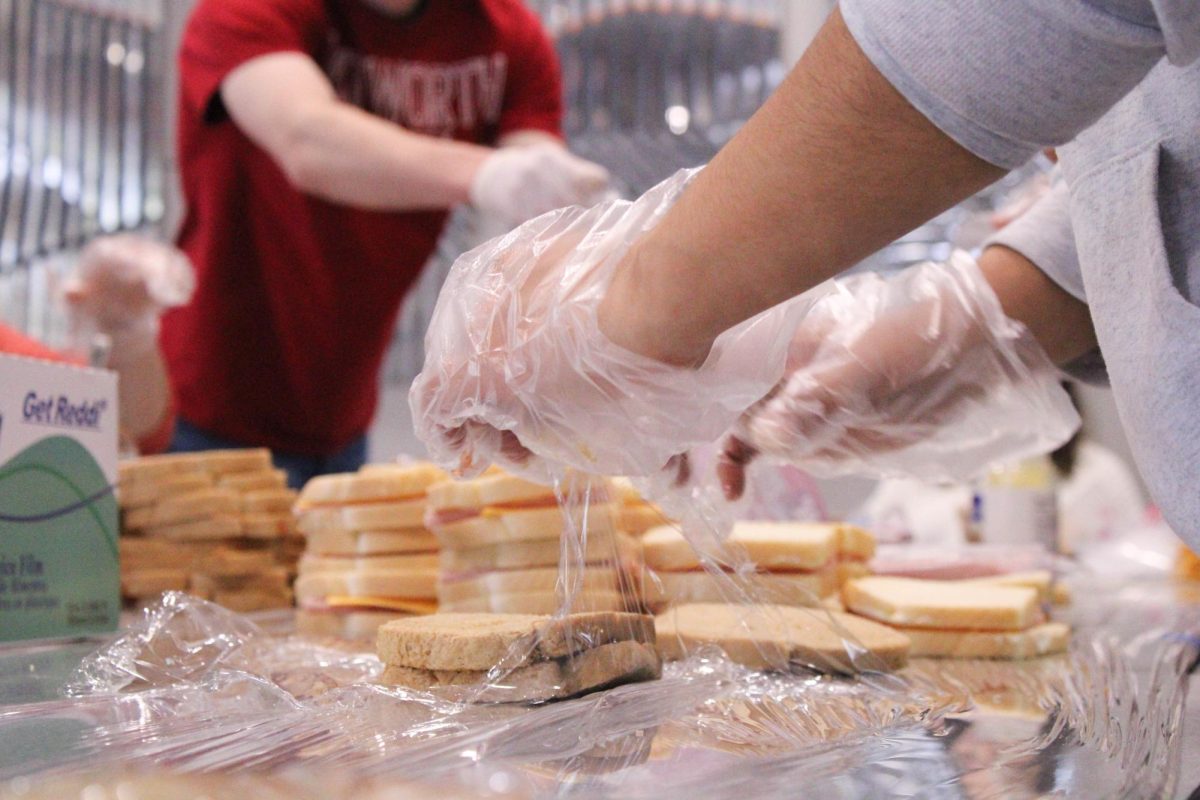
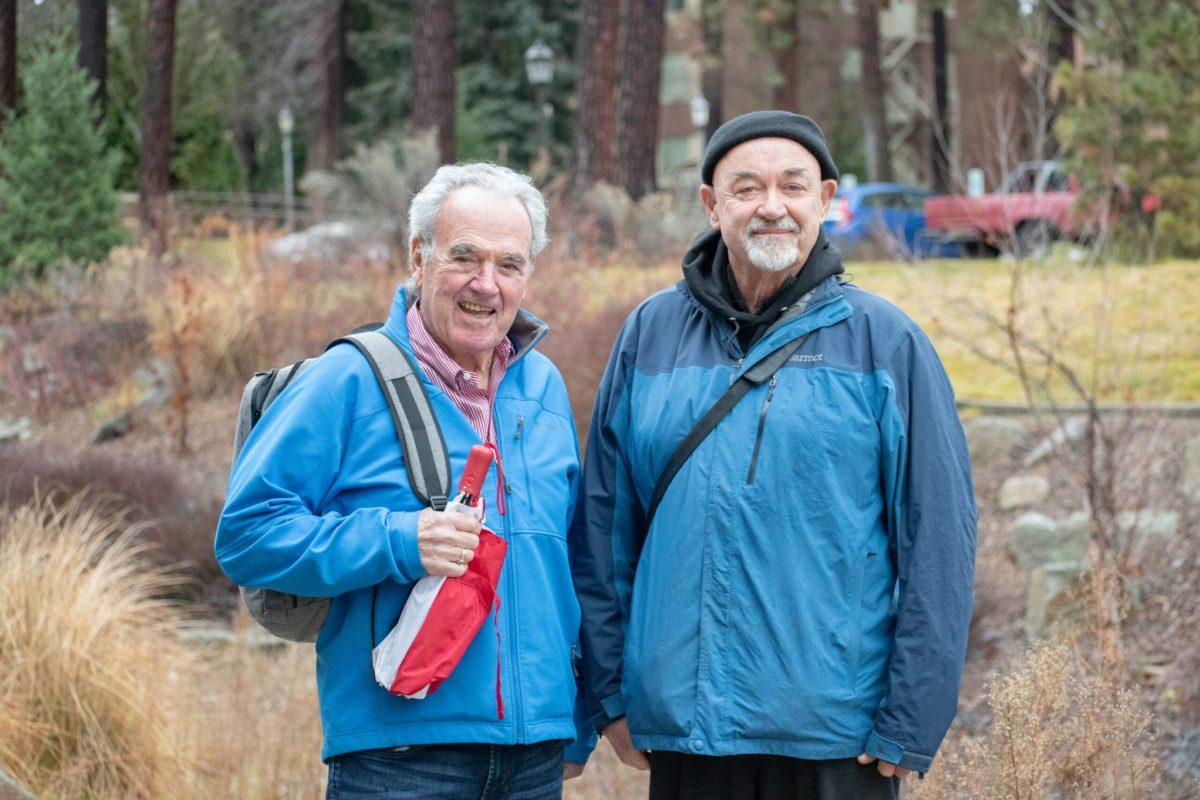

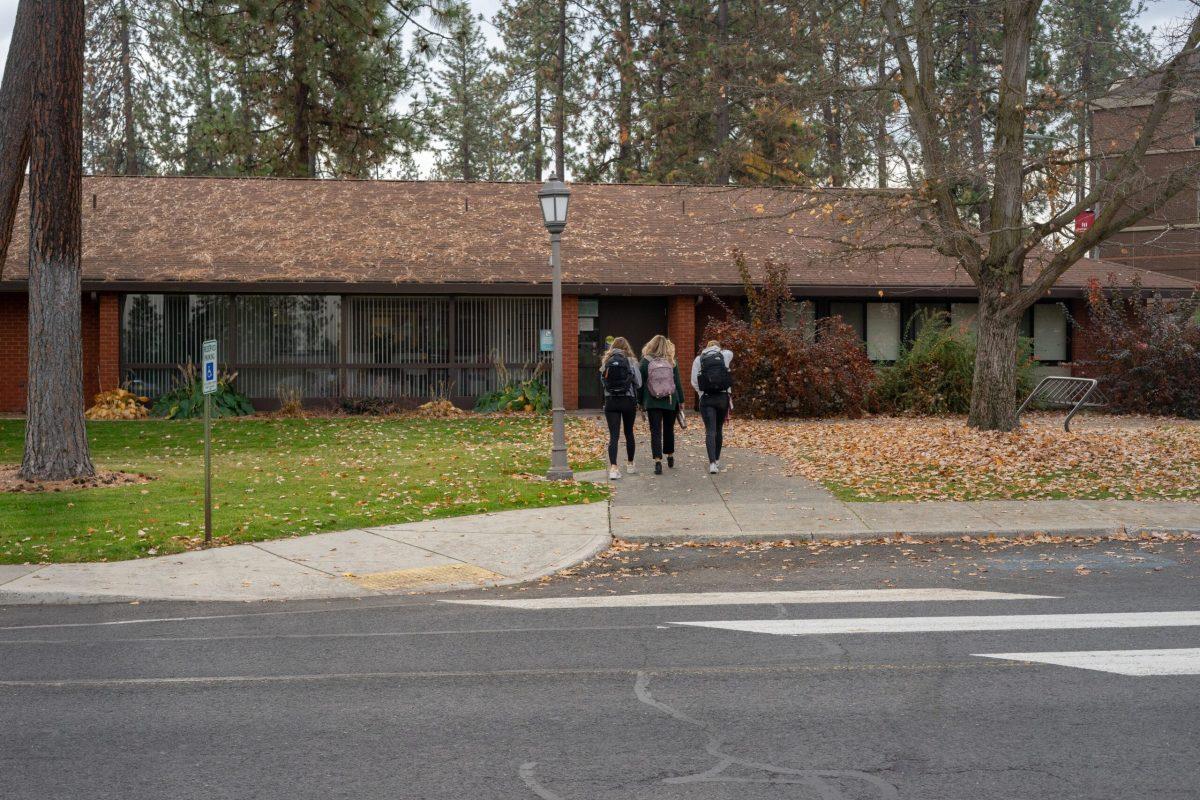

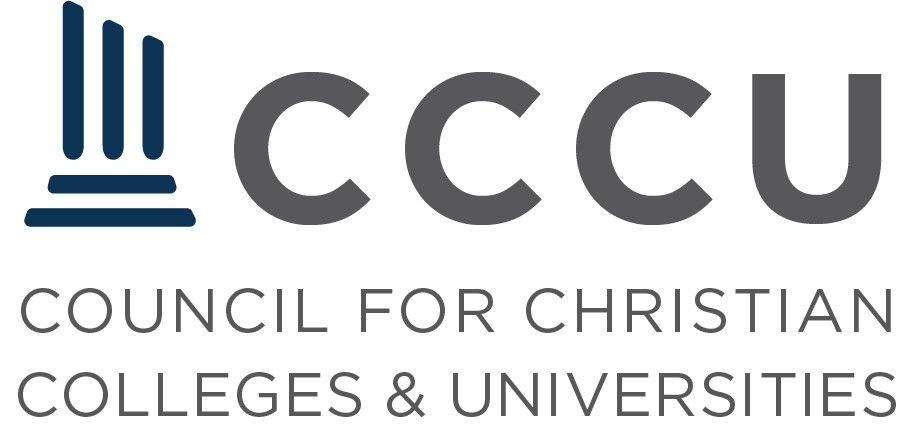
 Spokane?
Spokane?